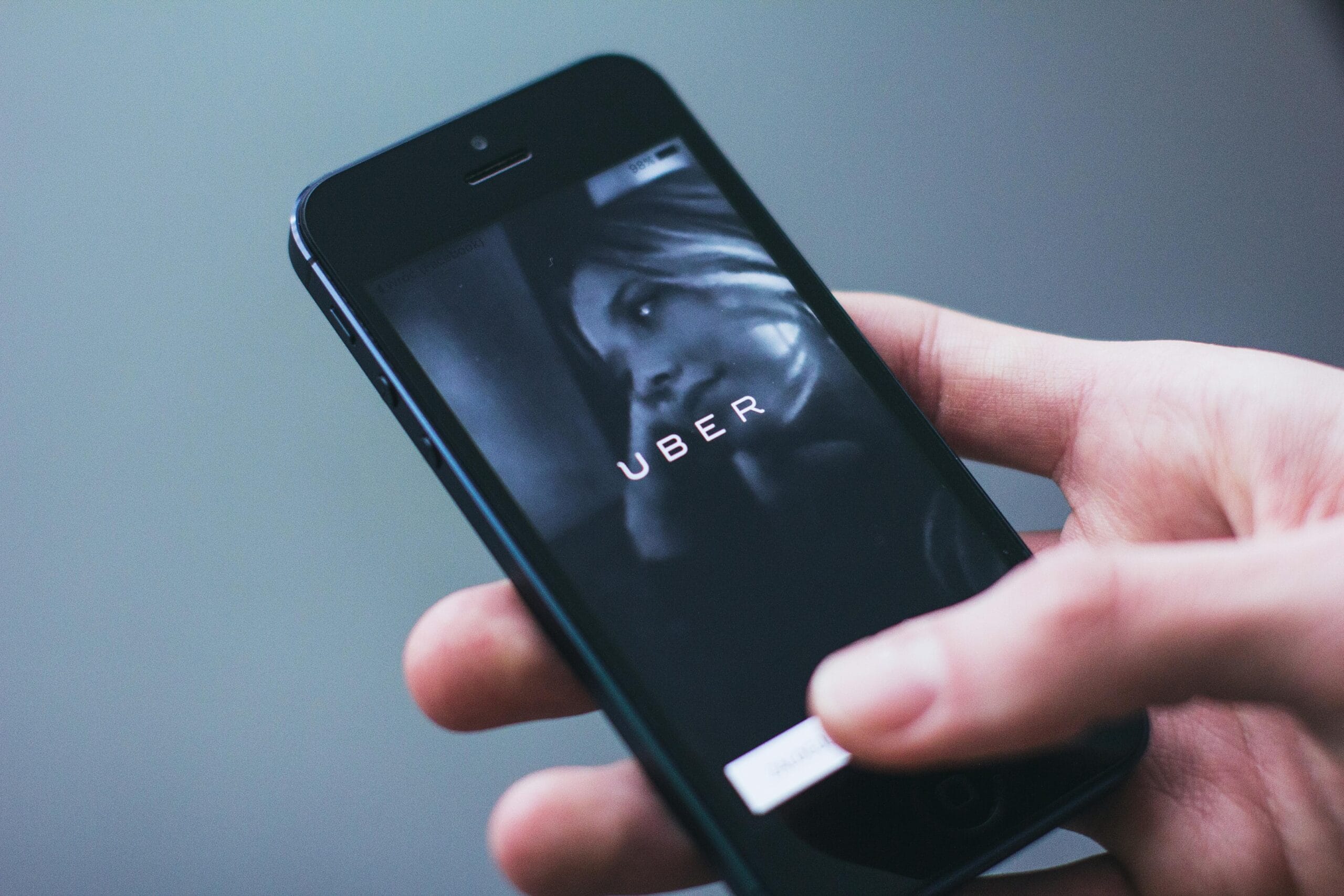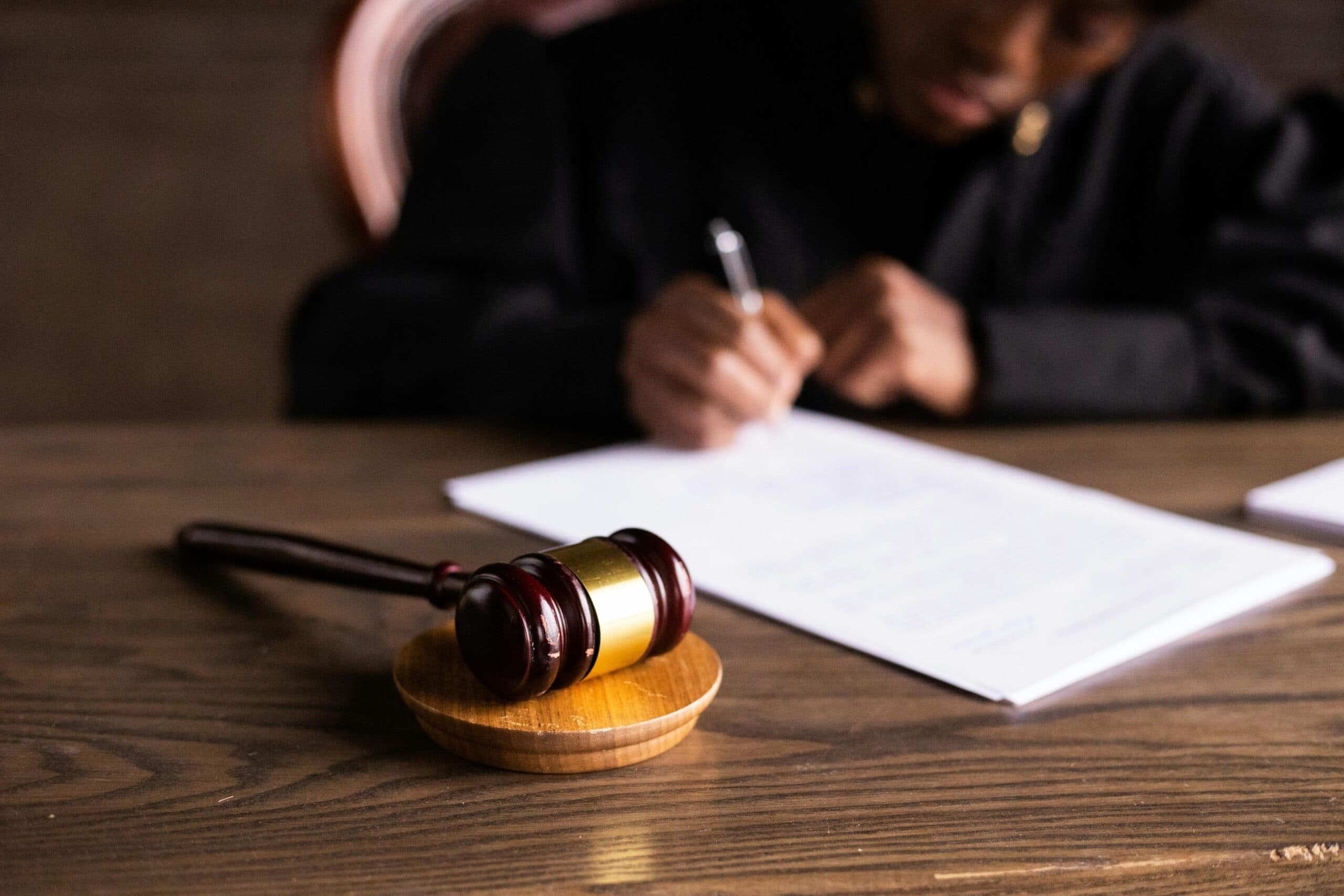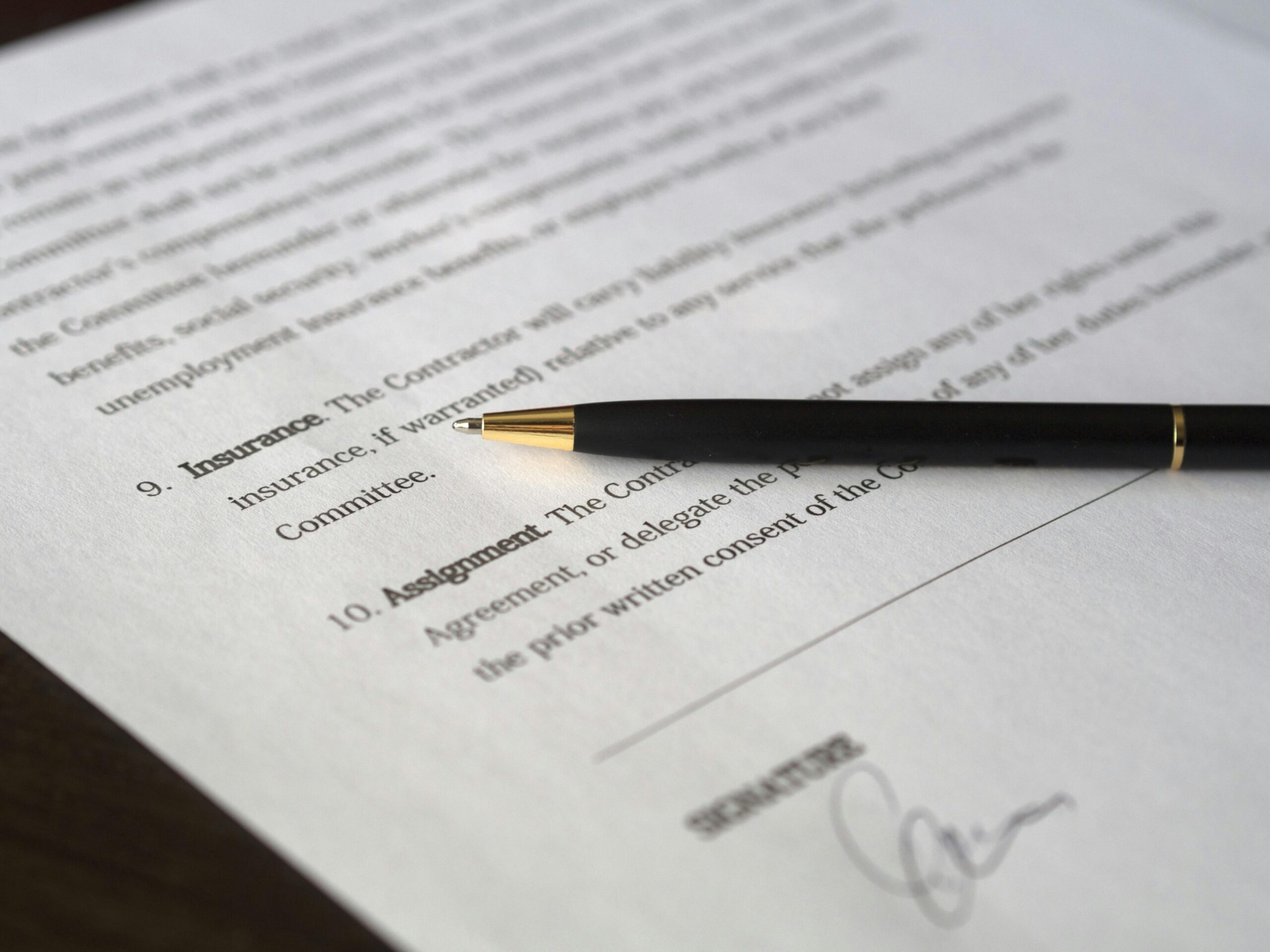
You book a ride for a routine trip home, but an unexpected accident turns everything upside down, leaving you injured and confused about what comes next. Uber and Lyft accidents can turn a quick trip into a nightmare. These ride-sharing services may offer convenience, but the aftermath often raises overwhelming questions: Who pays the medical expenses? What happens when multiple parties are involved? What if the Uber or Lyft driver wasn’t even properly logged into the app? These are more than legal concerns—they are life-altering challenges that demand answers.
In this article, we’ll break down what makes Uber and Lyft liable in rideshare accident cases. We’ll explain how rideshare insurance coverage works, what role a rideshare driver’s status plays, and how victims can secure maximum compensation for their injuries. We’ll also go through case examples and offer helpful guidance for anyone who finds themselves in such a situation.
Understanding Liability in Uber and Lyft Accidents
Liability refers to legal responsibility. In Uber and Lyft accidents, determining liability becomes complex because multiple parties may be involved, including Uber and Lyft drivers, the rideshare company, and other motorists. The key factor is the driver’s status at the moment the accident occurs, as it dictates which insurance policies come into play and who the responsible parties are.
Here’s how the phases of a rideshare trip affect who is held liable:
Driver not logged into the app: Their auto insurance is the only coverage available.
Driver logged in but no ride request: Uber and Lyft provide limited liability coverage.
Driver has accepted a ride request or is transporting passengers: Uber and Lyft offer primary liability coverage of up to $1 million.
Because most personal auto policies exclude commercial use, this layered structure can significantly affect how insurance claims are processed.
The Role of Insurance Coverage in Rideshare Accident Cases
Rideshare accidents differ from traditional crashes largely because of how insurance coverage is structured. Uber and Lyft classify their drivers as independent contractors, allowing a layered approach to liability coverage depending on whether the driver logged into the app, was waiting for a ride request, or was transporting passengers. This structure complicates insurance claims and can delay compensation for injured passengers.
When a rideshare accident occurs, coverage depends on:
Whether the driver had the app turned on
Whether they had accepted a ride request or were transporting a passenger
Whether another party acted negligently
Most personal auto insurance policies exclude commercial use. So, if the driver wasn’t using the app, their personal policy applies. If the app was active but no ride was in progress, Uber and Lyft provide limited coverage. If the driver had accepted a ride or had a passenger in the vehicle, the company’s $1 million liability policy would have kicked in.
Because drivers use their vehicles and toggle between personal and commercial use, gaps in coverage can appear. Victims may face delays or denials if the rideshare company tries to shift responsibility. That’s why understanding these coverage tiers—and acting quickly—is essential when building a strong legal claim.
How Driver Status Impacts Compensation and Liability
Attorneys immediately investigate a rideshare driver’s app status after a crash occurs. This single detail determines which company’s insurance policy applies and whether the rideshare company fails to provide adequate support. Since most personal auto insurance plans exclude commercial activity, the app’s activity log can influence whether personal auto policy coverage applies or if the company’s primary liability coverage kicks in.
Here’s how coverage works based on driver status:
Driver offline (app off): Only the personal insurance applies. Uber and Lyft bear no liability.
Driver online but waiting for a ride: Uber and Lyft provide limited coverage—up to $50,000 per person for bodily injury, $100,000 per accident, and $25,000 for property damage.
Driver on an active trip: The full $1 million commercial liability policy applies.
Understanding this structure helps victims file claims in the right place and prepare for potential insurance challenges. Confirming the driver’s status early gives your legal team a head start on securing maximum compensation.
Common Causes of Uber and Lyft Accidents
Like any car accident, rideshare accidents often result from the driver’s negligence. Common causes include:
Distracted driving (checking the app, GPS, or messages)
Reckless driving or speeding
Fatigue from long shifts
Poorly maintained rideshare vehicles
Lack of training or vetting by rideshare companies
In these situations, the rideshare driver’s actions and any oversight by the ride-share company may trigger direct liability, making them personally liable in a personal injury lawsuit.
Legal Protections for Rideshare Accident Victims
State and federal laws protect passenger safety throughout a rideshare trip. In states like California, Nevada, and Colorado, rideshare companies must:
Maintain primary liability coverage while a rideshare vehicle is active
Conduct background checks
Provide transparent information about insurance coverage and limits.
Offer legal cooperation after such incidents.
If these obligations are not met, the rideshare company fails in its duty to protect the public and may be liable in a personal injury lawsuit.
Victims can recover compensation for:
Medical expenses
Lost wages
Significant property damage
Long-term therapy or care
An experienced legal team can help you secure maximum compensation and ensure your rights are upheld through the complex legal process.
Real Case Studies: When Liability Gets Tested
Case Study 1:
Uber Crash & Wrongful Death Lawsuit in Philadelphia
What Happened: In 2019, an Uber driver caused a fatal accident in Philadelphia that killed a passenger, Steven Moultrie. The victim’s family filed a wrongful death lawsuit against Uber, claiming the company had control over driver behavior and failed to ensure passenger safety.
Why It Matters: The court rejected Uber’s attempt to dismiss the case early, allowing the claim to proceed toward trial. This case highlights how Uber’s control over drivers may open the door to liability, even with their “independent contractor” defense.
Read more:
NBC Philadelphia – Family of man killed in Uber crash sues company
Case Study 2:
Lyft Settles $26M Lawsuit After Driver Hits Teen Pedestrian
What Happened: In 2019, a Lyft driver in Wilkes-Barre, Pennsylvania, ran a red light while on the way to pick up a passenger, striking 15-year-old Jonathan Rohena in a crosswalk. He suffered permanent brain damage.
Why It Matters: Lyft was accused of negligence, with prior complaints against the driver reportedly ignored. Lyft settled the lawsuit in 2024 for over $26 million, significantly exceeding the typical $1M policy limit. While the company did not admit fault, the size of the settlement may reflect the severity of the injuries and legal pressure surrounding the case.
Read more:
Times Leader – Lyft pays $26M to settle pedestrian crash case
What to Do If You’re Injured in an Uber or Lyft Accident
If you or a loved one suffers injuries in an Uber or Lyft accident, follow these steps to secure fair compensation and recover property damage or lost wages:
Seek medical attention immediately, even if injuries aren’t visible.
Document the accident scene—take photos, get contact info from witnesses.
Request the driver’s status at the time of the crash.
File a report through the app and local law enforcement.
Contact an experienced ride share attorney to discuss your options.
Do not rely solely on the rideshare company to handle your claim. Their priority is minimizing payouts—not ensuring your recovery.
You Deserve Clarity and Compensation
Accidents involving ride-sharing services can feel overwhelming. You trusted a service meant to keep you safe—and now you’re left with medical expenses, lost wages, and uncertainty about who’s accountable.
But you don’t have to figure it out alone.
At Bourassa Law Group, we fight for maximum compensation and your right to recover after serious ride-sharing injuries. We know how to deal with rideshare services, confront insurance claims, and stand up to companies that dodge responsibility.
Contact us today for a free consultation. Let us evaluate your case, explain your rights, and support you every step of the way.
Because your recovery should come first—and we’ll handle the rest.




